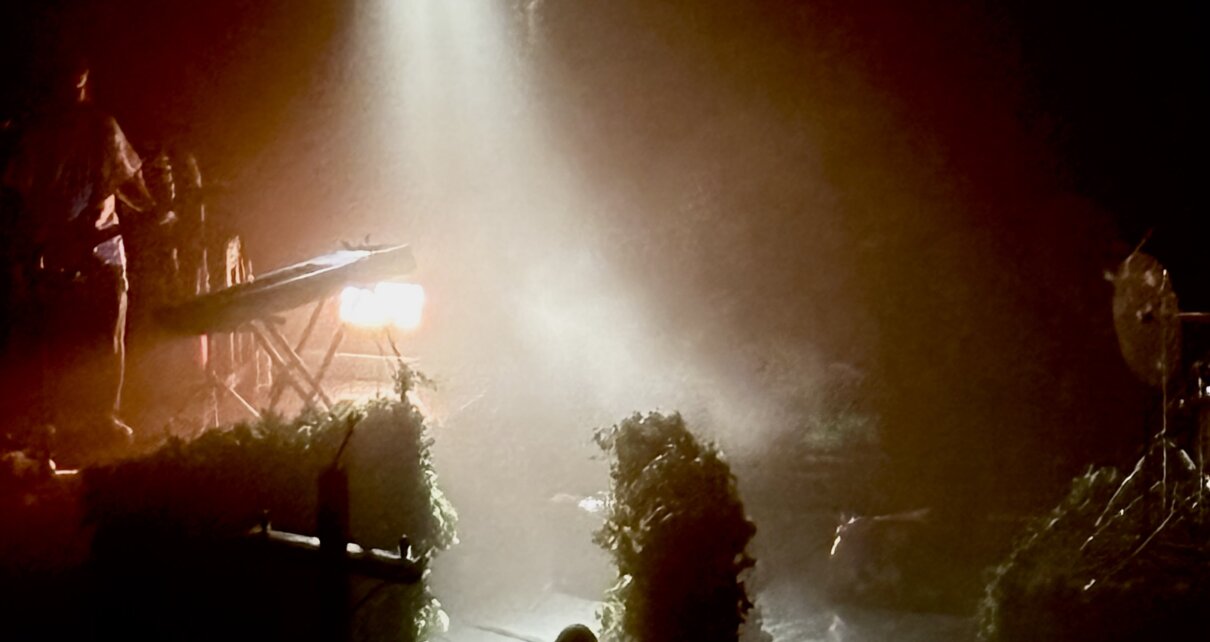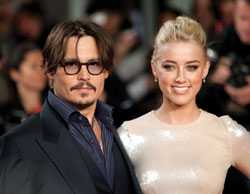Michael Rapino, CEO of Live Nation and Ticketmaster, claims that concert tickets are underpriced, pointing to the price of live sports events in comparison to concerts.
“Music has been underappreciated,” Rapino stated, in a CNBC Sport and Boardroom’s Game Plan conference. “In sports, I joke it’s like a badge of honor to spend 70 grand for Knicks courtside. They beat me up if we charge $800 for Beyoncé.”
Rapino continued, “We have a lot of runway left. So when you read about ticket prices going up, the average concert price is still $72. Try going to a Laker game for that, and there’s 80 of them. The concert is underpriced and has been for a long time.” This average cost that Rapino shared seems low at first, fairly reasonable for people who may have limited budgets for the non-essentials that provide some life to the work-life balance people strive for, but the source of this “average concert price” is brought into question.
“The CEO’s choice of statistics appear to be selective,” Jem Aswad, a writer for Variety magazine, states. “According to industry trade publication Pollstar, the average ticket price for major tours reached record highs in 2024, averaging $123, with top tours like Bad Bunny ($290), Justin Timberlake ($216), and Nicki Minaj ($149) soaring well past the average Rapino cited.”
Live Nation and Ticketmaster are currently undergoing a slew of lawsuits from the Federal Trade Commission and the U.S. Department of Justice for alleged illegal ticket resale tactics, including but not limited to working with scalpers to increase ticket profits. If true, this has not only made tickets less affordable and accessible for fans, but also has taken advantage of artists and concert-goers alike, which I find selfish.
When asked if concert tickets were too expensive, students at Monmouth University answered in a variety of ways.
“It depends on the artist,” Mia Stapleton, a sophomore Marine and Environmental Biology and Policy student said. “Bigger artists are too expensive, but smaller ones aren’t.”
“I paid around $60-70 for my ticket [at a concert],” Xander Stratton, a sophomore Animation student explained. “We got tickets in the back, but since it was a stadium, I could still see everything. It was very engaging and had a lot of cool effects… it was a pretty nice experience. And for the performance and my seat, I thought it [the price of the ticket] was fair.”
“I believe that art should be accessible to all people,” Rose, a Sociology student, stated. “… I consider [music] a fundamental of human nature, because of its exclusivity to be produced by only humans, and its beauty only coming from humans.”
Amid rising costs of living and necessities, the concept of concert tickets being underpriced feels outlandish and possibly a bit out-of-touch, especially if you’re living on a college budget. Hearing Rapino’s opinion, who is estimated to have nearly $150 million in net worth, viewing concert tickets as underpriced during a time where people seem to have less and less disposable income, makes the ever-growing economic disparity between the upper and lower classes more apparent.
However, disapproval around Rapino’s statement isn’t only circulating among fans and concert-goers. Jack Antonoff, a Grammy-winning producer-songwriter who has written songs for popular artists like Taylor Swift and Sabrina Carpenter, also voiced his opinion.“This breaks my heart and is a really sick way of looking at it,” Antonoff stated online. “Answer is simple: selling a ticket for more than its face value should be illegal… As always when I read things like that, I call my people right away to think of new ideas around it. We’ll never stop doing that. It could all be so easy if the people up top didn’t see the audience as a faceless group to extort money from.”
I strongly resonate with Antonoff’s statement on the wealthy seeing the audience as a group to extort money from, and it offers reassurance to know that people who are conventionally well-off also see a fault, and potentially a moral issue, in Rapino’s statement. With how much more often people are working today to afford the basics, like rent, utilities, food, clothing, an escape is needed every once in a while to keep stability and offer some relaxation or fun in return for your hard work. Increasing prices for those non-essentials just for the sake of wanting to make more money is rather small-minded and selfish, in my opinion.
Needing to increase concert ticket prices can be reasonable in a multitude of cases, whether that’s needing to keep up with an artist’s demand and popularity, or needing to hire more employees to help with setting up and taking down equipment. However, Rapino’s statements framing music and concerts as “underappreciated” ignores the everyday struggles and workload of people who work for the opportunity to attend these events.
Being able to charge more doesn’t remind people of the value of the concerts they attend, it only reminds them of the sacrifices they have to make in order to experience it.



